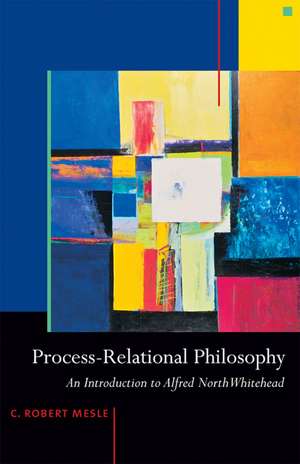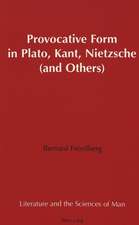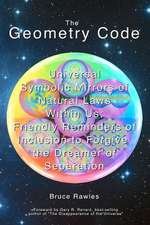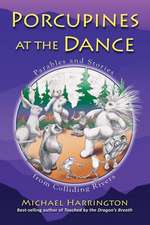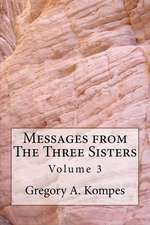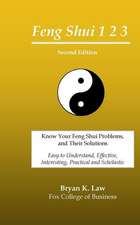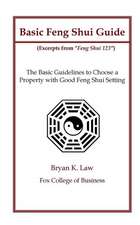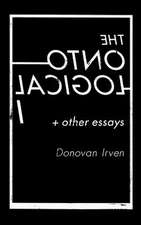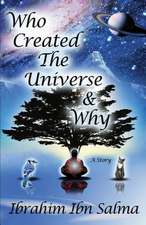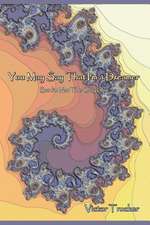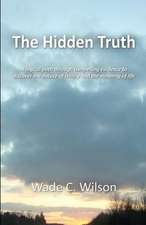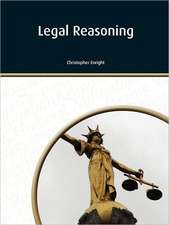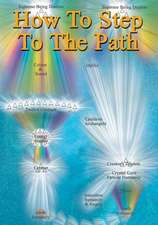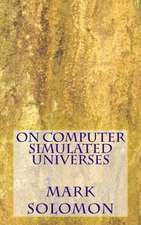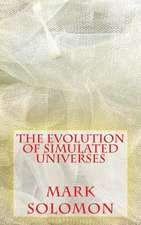Process-Relational Philosophy: An Introduction to Alfred North Whitehead
Autor C. Robert Mesleen Limba Engleză Paperback – mar 2008
Process thought is the foundation for studies in many areas of contemporary philosophy, theology, political theory, educational theory, and the religion-science dialogue. It is derived from Alfred North Whitehead's philosophy, known as process theology, which lays a groundwork for integrating evolutionary biology, physics, philosophy of mind, theology, environmental ethics, religious pluralism, education, economics, and more.
In Process-Relational Philosophy, C. Robert Mesle breaks down Whitehead's complex writings, providing a simple but accurate introduction to the vision that underlies much of contemporary process philosophy and theology. In doing so, he points to a "way beyond both reductive materialism and the traps of Cartesian dualism by showing reality as a relational process in which minds arise from bodies, in which freedom and creativity are foundational to process, in which the relational power of persuasion is more basic than the unilateral power of coercion."
Because process-relational philosophy addresses the deep intuitions of a relational world basic to environmental and global thinking, it is being incorporated into undergraduate and graduate courses in philosophy, educational theory and practice, environmental ethics, and science and values, among others. Process-Relational Philosophy: A Basic Introduction makes Whitehead's creative vision accessible to all students and general readers.
In Process-Relational Philosophy, C. Robert Mesle breaks down Whitehead's complex writings, providing a simple but accurate introduction to the vision that underlies much of contemporary process philosophy and theology. In doing so, he points to a "way beyond both reductive materialism and the traps of Cartesian dualism by showing reality as a relational process in which minds arise from bodies, in which freedom and creativity are foundational to process, in which the relational power of persuasion is more basic than the unilateral power of coercion."
Because process-relational philosophy addresses the deep intuitions of a relational world basic to environmental and global thinking, it is being incorporated into undergraduate and graduate courses in philosophy, educational theory and practice, environmental ethics, and science and values, among others. Process-Relational Philosophy: A Basic Introduction makes Whitehead's creative vision accessible to all students and general readers.
Preț: 140.37 lei
Nou
Puncte Express: 211
Preț estimativ în valută:
26.86€ • 28.10$ • 22.31£
26.86€ • 28.10$ • 22.31£
Carte disponibilă
Livrare economică 12-26 martie
Livrare express 26 februarie-04 martie pentru 44.25 lei
Preluare comenzi: 021 569.72.76
Specificații
ISBN-13: 9781599471327
ISBN-10: 1599471329
Pagini: 136
Dimensiuni: 140 x 216 x 10 mm
Greutate: 0.19 kg
Ediția:First Edition, 1
Editura: Templeton Press
Colecția Templeton Press
ISBN-10: 1599471329
Pagini: 136
Dimensiuni: 140 x 216 x 10 mm
Greutate: 0.19 kg
Ediția:First Edition, 1
Editura: Templeton Press
Colecția Templeton Press
Notă biografică
C. Robert Mesle is a recognized authority on process thought and the author of the acclaimed Process Theology: A Basic Introduction (1993), the most widely read introduction to process theology. A professor and chair of the philosophy and religion department of Graceland University in Lamoni, Iowa, he received his PhD from Northwestern University. He is a board member of the International Process Network and the China Project of the Center for Process Studies and serves on the editorial boards of the American Journal of Theology and Philosophy and Process Studies. He resides in Lamoni, Iowa.
Descriere
In Process-Relational Philosophy, C. Robert Mesle breaks down Whitehead's complex writings, providing a simple but accurate introduction to the vision that underlies much of contemporary process philosophy and theology. In doing so, he points to a "way beyond both reductive materialism and the traps of Cartesian dualism by showing reality as a relational process in which minds arise from bodies, in which freedom and creativity are foundational to process, in which the relational power of persuasion is more basic than the unilateral power of coercion."
